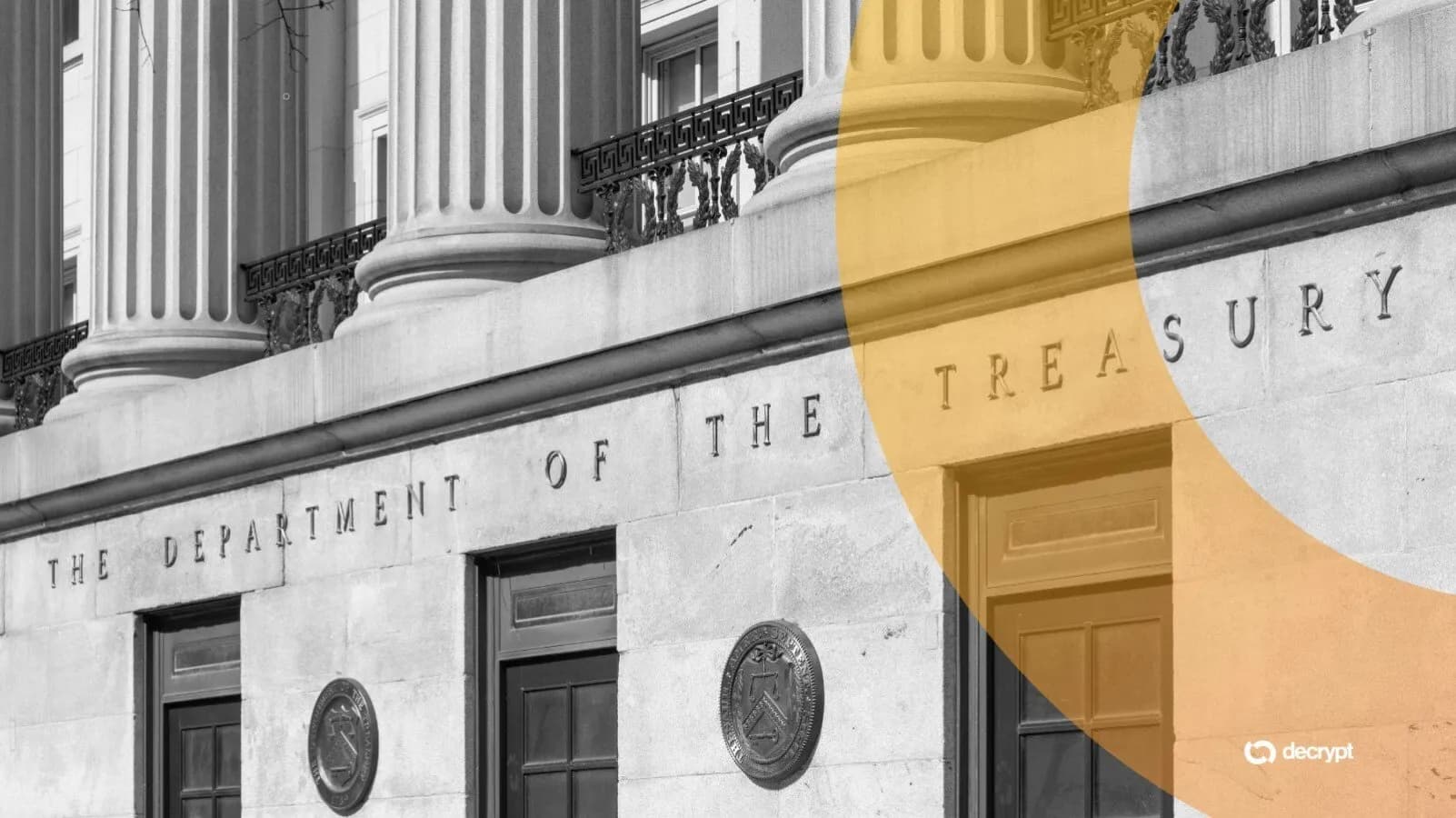Treasury Dept. Says Banks Can Keep Crypto On Their Balance Sheets in Certain Cases

News Summary
The Office of the Comptroller of the Currency (OCC) has officially greenlit national banks to hold and spend cryptocurrency in certain cases, including for paying blockchain network fees and testing crypto-related platforms. This policy reverses stricter Biden-era restrictions that required banks to obtain regulatory approval before engaging in most crypto activities. It aligns with the Trump administration's push to enable major banks to move more traditional functions on-chain and increase their direct involvement in the crypto sector. Previously, in March, the OCC rescinded the Biden-era policy requiring national banks to gain approval for crypto activities and permitted major banks to custody crypto assets for customers and engage in certain stablecoin activities. Today's announcement further solidifies the explicit permission for national banks to hold crypto on their balance sheets.
Background
Under the Biden administration, the Office of the Comptroller of the Currency (OCC) adopted a more cautious approach to cryptocurrency, requiring national banks to receive regulatory approval prior to engaging in most crypto-related activities. Other banking regulators, including the FDIC, also discouraged federally chartered banks from participating in certain crypto activities deemed too risky, such as those involving public, permissionless blockchain networks like Ethereum. However, since 2025, the aggressively pro-crypto Trump administration has moved to dismantle such policies. In March, the OCC rescinded the Biden-era policy requiring national banks to gain regulator approval before engaging in crypto activity. It also greenlit the ability for major banks to custody crypto assets for their customers and to engage in certain stablecoin-related activities.
In-Depth AI Insights
What are the broader strategic implications of the Trump administration's aggressive pro-crypto stance for the US financial system? - This policy significantly accelerates the adoption and integration of digital assets by traditional US financial institutions, potentially solidifying the US's leadership in global digital finance innovation. - Allowing banks to directly hold crypto reduces reliance on third-party custodians, potentially lowering operational complexity and certain transaction costs, but also increases banks' internal risk management burdens. - Over the long term, this will drive deeper integration of traditional banking services with blockchain technology, potentially fostering new financial products and services and reshaping the competitive landscape of the financial services industry. How might this policy shift affect banks' crypto adoption and traditional financial services integration? - Banks now have greater flexibility to use crypto as an operational asset, for instance, to pay network fees, enabling more direct and efficient participation in blockchain-based activities without complex third-party conversion processes each time. - Permitting banks to hold crypto for platform testing encourages internal innovation and technological exploration within financial institutions, signaling potential for more banks to launch blockchain-based solutions in the future. - As banks directly engage with the crypto market, it could increase their contribution to crypto market liquidity and lower the barrier to entry for both retail and institutional investors. What are the potential geopolitical ramifications of the US encouraging on-chain banking functions? - The US policy stance may prompt other nations to reassess their digital asset regulatory frameworks, potentially triggering a global 'regulatory race' or 'technology adoption race'. - By enabling the dollar-denominated US banking system to take a lead in on-chain functions, this could further entrench the dollar's dominance in the digital economy, especially in areas like stablecoins and cross-border payments. - This move could also spark discussions on data sovereignty, privacy, and the interoperability of global financial systems as more nations potentially look to develop their own digital currencies and blockchain infrastructures.